27 Jun Resuinsa’s Real Actions Against Greenwashing in Hospitality
Sustainability has become a top priority in the hospitality industry, driven by growing demand from conscious guests and by increasingly strict requirements for suppliers. According to a Deloitte study, 58% of European hotels already require clear evidence of responsible practices.
In this context, greenwashing—exaggerating or fabricating environmental commitments without real backing—has gone from a marginal concern to a major challenge for businesses. The EU and other regions are tightening regulations to curb it, promoting sustainability not just as a reputational asset but as a legal and ethical obligation.
Faced with this reality, textile companies in the hospitality sector like Resuinsa highlight the importance of transparency. “The challenge isn’t talking about sustainability; it’s proving it with data, traceable processes, and independent certifications,” says Félix Martí, CEO of the company.
 To effectively combat greenwashing, sustainable actions must be backed by external audits and recognized certifications. It’s also essential to develop projects with measurable outcomes and ensure traceability throughout the entire value chain. Engaging in global initiatives, as well as events and forums related to the Sustainable Development Goals, strengthens commitment and builds trust within the sector.
To effectively combat greenwashing, sustainable actions must be backed by external audits and recognized certifications. It’s also essential to develop projects with measurable outcomes and ensure traceability throughout the entire value chain. Engaging in global initiatives, as well as events and forums related to the Sustainable Development Goals, strengthens commitment and builds trust within the sector.
Beyond using certified raw materials and applying circular economy principles, Resuinsa promotes real, measurable sustainability aligned with the new legal frameworks. It’s not just about launching products—it’s about transforming processes, assessing impacts, and ensuring every step aligns with the company’s stated principles.
The data shows continuous progress, with an upward trend pushing the industry to further professionalize its environmental strategy and embrace transparency and genuine commitment.






